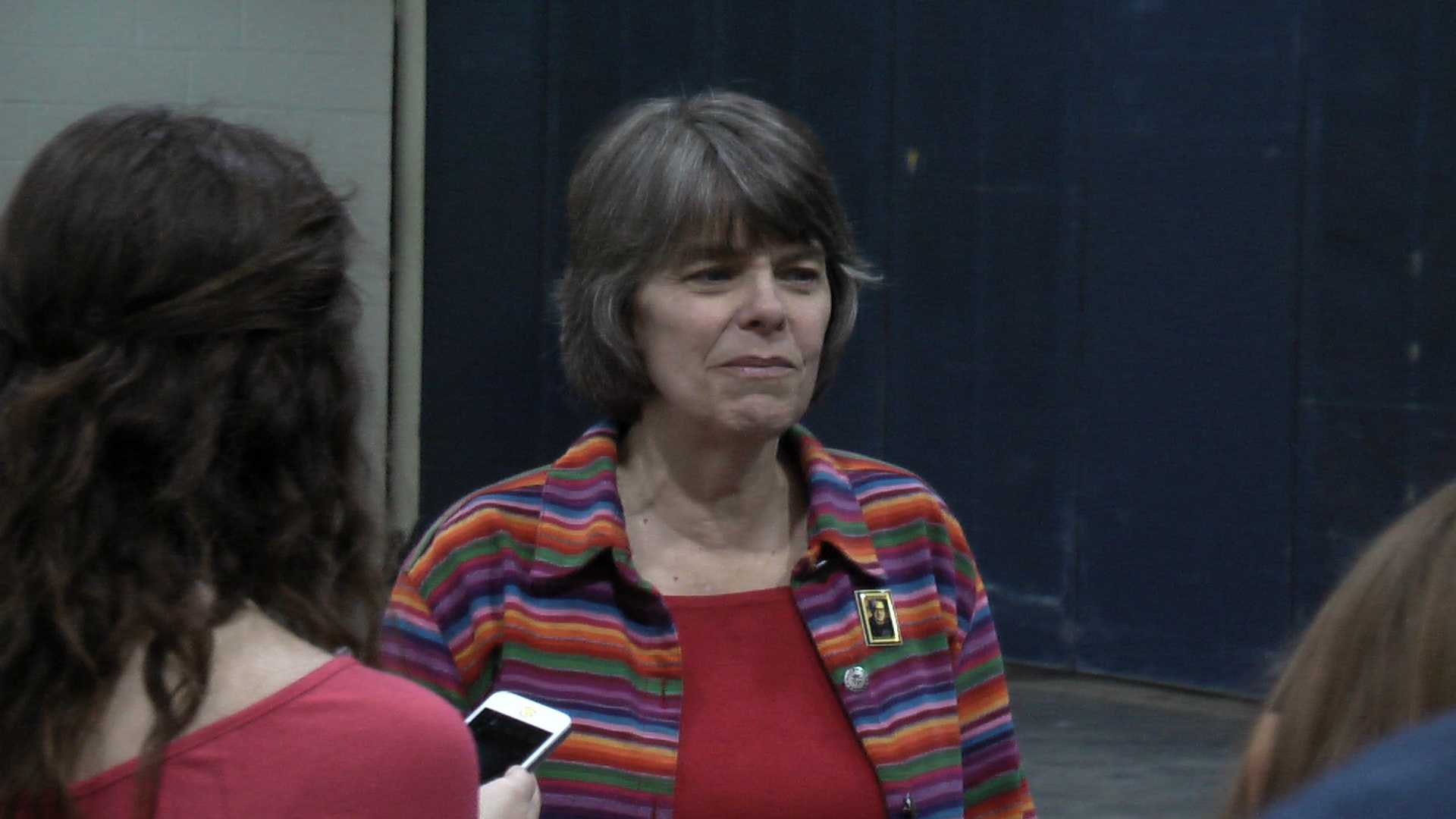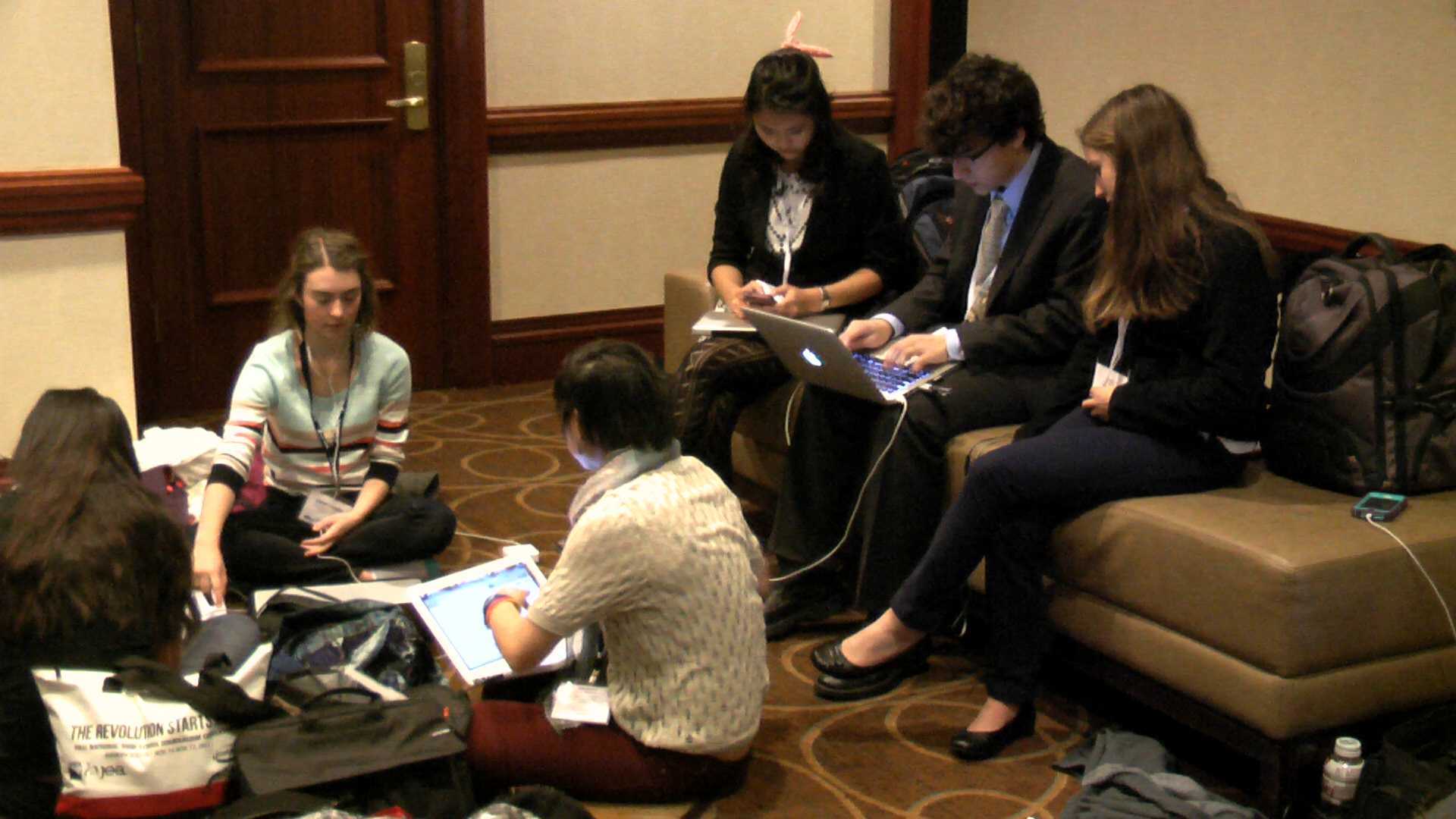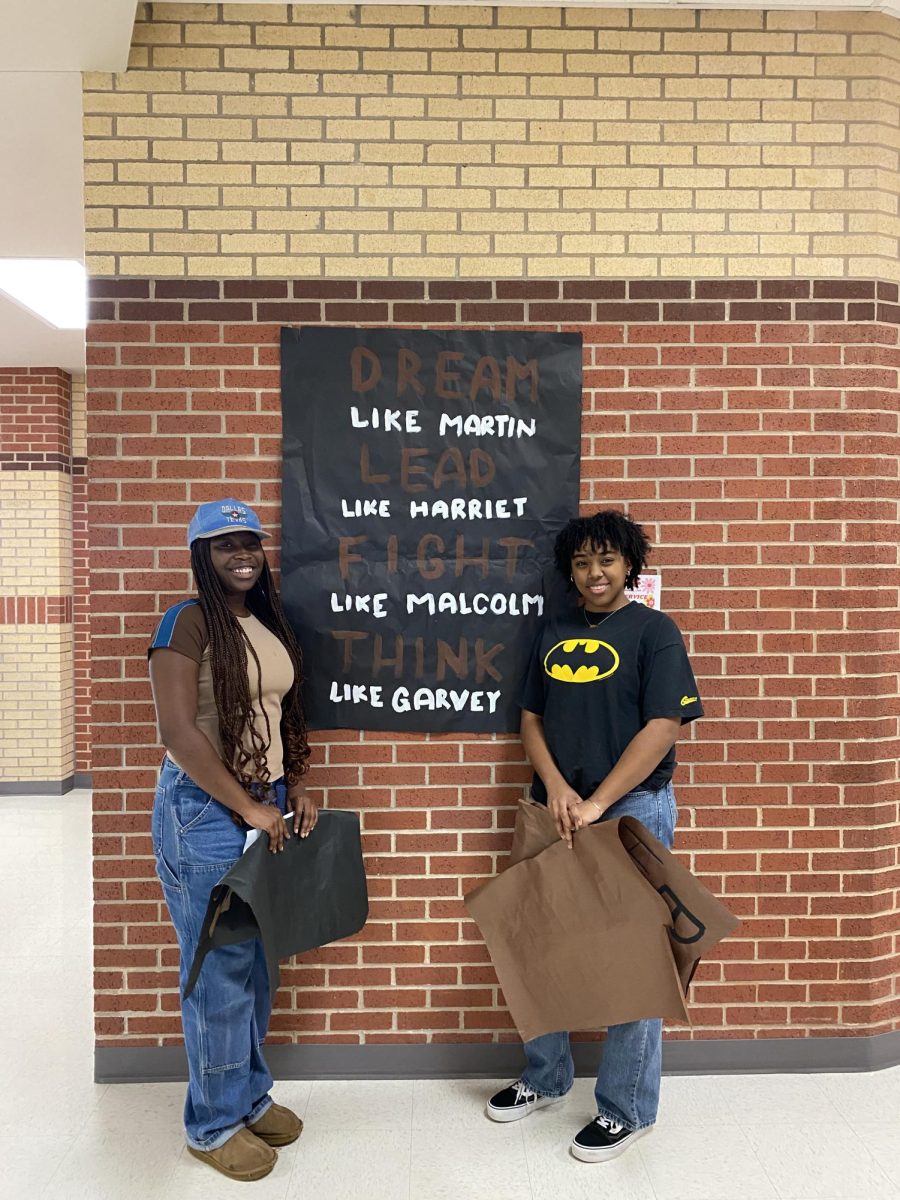Everyone has a voice. Some are quiet, others are loud. Some are easily forgettable, others make history. American free speech activist Mary Beth Tinker’s voice was the latter of the two.

In 1965, the then thirteen-year-old Mary Beth Tinker voiced her opposition to the Vietnam war by sporting a black armband. She was suspended from school and later went to court to fight the injustice. While the war’s winner was inconclusive, the trial’s winner was clear; the Supreme Court ruled in favor of First Amendment rights for students and teachers.
Forty-four years later, thanks to The Tinker Standard, students are able to express their beliefs freely and ignite social change within their schools. However, they’ve traded in black armbands for black iPhones, word-of-mouth for hashtags. Social-media’s growing presence as a societal fuel and resource for expression, leaves schools in a tricky spot when discussing the content of students’ personal accounts. The Tinker ruling proves that students can use their voice to say what they want, but can they tweet it?
“You have the freedom of speech, there’s no question, and that can’t be taken away from you,” Dean of Boston University’s College of Communication Thomas Fiedler said. “As far as the laws are concerned, the law is agnostic as to what platform the information is distributed over or by or on. All that matters is what is the legal impact of the content that’s there.”
As far as the laws are concerned, the law is agnostic as to what platform the information is distributed over or by or on. All that matters is what is the legal impact of the content that’s there.
— Dean of Boston University's College of Communication Thomas Fiedler
Each school or organization may have their own policy when it comes to dealing with potentially inappropriate content that students post online. According to the high school’s Student Handbook, “Students are prohibited from possessing, sending, forwarding, posting, accessing, or displaying electronic messages that are abusive, obscene, sexually oriented, threatening, harassing, damaging to another’s reputation, or illegal. This prohibition also applies to conduct off school property, whether the equipment used to send such messages is district-owned or personally owned, if it results in a substantial disruption to the educational environment.”

Campus administrators have their own opinion about when it’s necessary to regulate student voices on the web.
“We generally are not monitoring social media,” principal Gavan Goodrich said. “However, if like in the instance of where we had the food fight and then people were talking back and forth about it, and if it’s something that’s going to impact what’s going on in the classroom and disrupt the classroom and take kids minds off of what’s going on in class then we’ll evaluate that and make decisions based on that.”
While it is legal for students’ Twitter, Facebook, Instagram, Vine, and other social network accounts to be monitored by the school, many students aren’t affected by the regulation.
“I’ve never gotten in trouble for anything I’ve tweeted,” senior Kassidy Cox said. “I don’t think the school should ever interfere with a student’s tweets unless it directly affects them.”
The school administrators try to intervene as infrequently as possible.
Our job is to maintain a good educational environment and when social media gets in the way of a quality educational environment then we have to evaluate whether we have to step in or not
— Principal Gavan Goodrich
“Our job is to maintain a good educational environment and when social media gets in the way of a quality educational environment then we have to evaluate whether we have to step in or not,” Goodrich said. “There is always a possibility of legal action and we’re lucky that we [haven’t had] that but it’s always out there and always available.”

However, if legal action ever was taken, the Tinker ruling would likely be cited, as it has been used in nearly every court case involving education and the First Amendment since the original case in 1969.
“The challenge from the authorities in that particular case is being able to edit in advance, to control, to have knowledge of what goes out,” Fiedler said. “The administration is not in any way empowered to take steps to prevent information from being distributed on social platforms, but also it can’t shed the responsibility of students doing it either.”
While opinions differ, the general consensus seems to be a variation of the age-old golden rule: tweet others the way you’d like to be tweeted.
The Red Ledger’s Liz Schasel speaks with Mary Beth Tinker about the social media aspect of student expression.
[soundcloud url=”https://api.soundcloud.com/tracks/120277985″ width=”100%” height=”166″ iframe=”true” /]























Anonymous United • Nov 20, 2013 at 12:07 pm
The Admin don’t believe in 1st amendment rights for students.
Garrison Clough • Nov 18, 2013 at 1:36 pm
Great job guys. This is insane. Completely perfect.
Anonymous • Nov 16, 2013 at 12:27 am
THIS STORY IS PERFECTION.